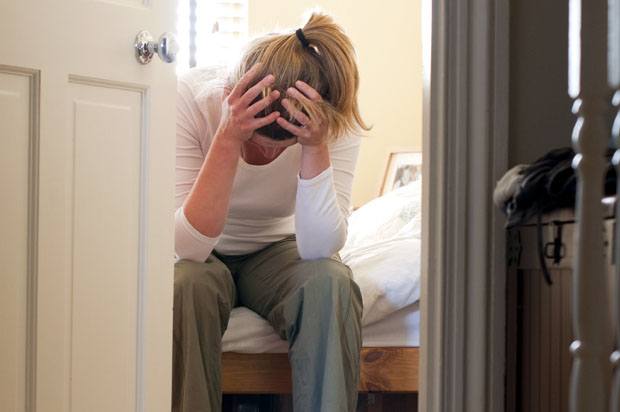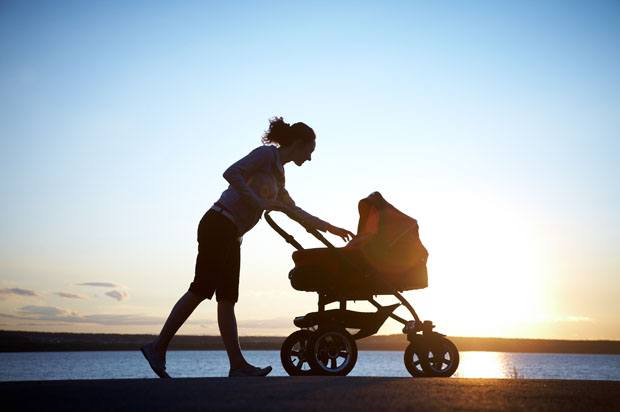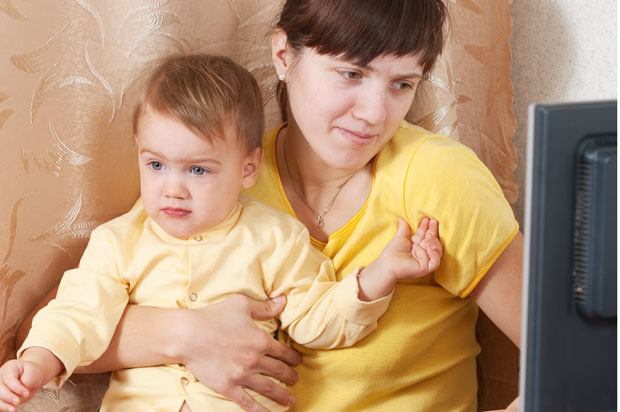Post-natal depression
It's not unusual to get the baby blues. If your 'bundle of joy' is lacking in - well, joy - read on.

It's OK to have some time out if you're struggling.
What is it?
Post-natal depression is linked to hormonal, psychological and environmental factors often experienced by new mothers. Having a baby means big changes, after all, not just biologically, but in terms of day-to-day life, and symptoms can develop as a result, from weeks to several years after the birth.
Spell out the symptoms
A range of symptoms is associated with post-natal depression, from a sense of helplessness and vulnerability to anxiety, irritability, panic attacks and an outright rejection of the baby. Generally, the symptoms are associated with the way the bond forms between mother and child. She might feel resentment for the demands placed upon her, and then guilty for thinking this way. Post-natal depression is reckoned to affect one in 10 new mothers. Symptoms also vary in severity, from mild blues to rare cases in which the mother threatens herself or her baby with harm, and requires hospital treatment for the safety of all involved.
Is there any way of telling who might get it?
There is no easy way of knowing who may be susceptible to post-natal depression, but it is thought to be more likely among women who have previously suffered from depression, or had a history of depression in their family. Other factors include:
- Abnormal levels of stress during pregnancy;
- Little or no support from family and friends;
- Going ahead with an unwanted pregnancy.
How is it treated?
Much depends on both symptoms and severity, but rest and support are vital. Like any form of depression, it’s important that the mother is encouraged to recognise that help is out there – and her doctor or midwife should be the first port of call. The sense of despair can leave her feeling isolated, after all, which often worsens the problem. Effective treatment usually takes the form of a talking therapy such as counselling, along with a course of anti-depressant medication. Recovery times vary from case to case. What matters is the recognition that post-natal depression can be overcome, no matter how low the new mother may feel.
What is the impact on the father?
It can be stressful sharing parental responsibility with someone going through such a tough experience. Instead of being focused on care for the child, the father’s concern is divided, adding to the strain. It can also be hard to know how to care for a partner with post-natal depression. Often even attempting to help can be met with a negative response, and that’s when resentment is at risk of creeping in.
It’s easy to feel isolated, too, which is why it’s so important that new fathers have a chance to talk as much as a mother with baby blues. Whether it’s a family member, work colleague or another father (contacts can be forged through the NCT) putting feelings into words can be the best way to gain perspective.
Picture of stressed-out mum by Shutterstock.
Next Steps
- Chat about this subject on our Discussion Boards.
By
Updated on 29-Sep-2015
No featured article














